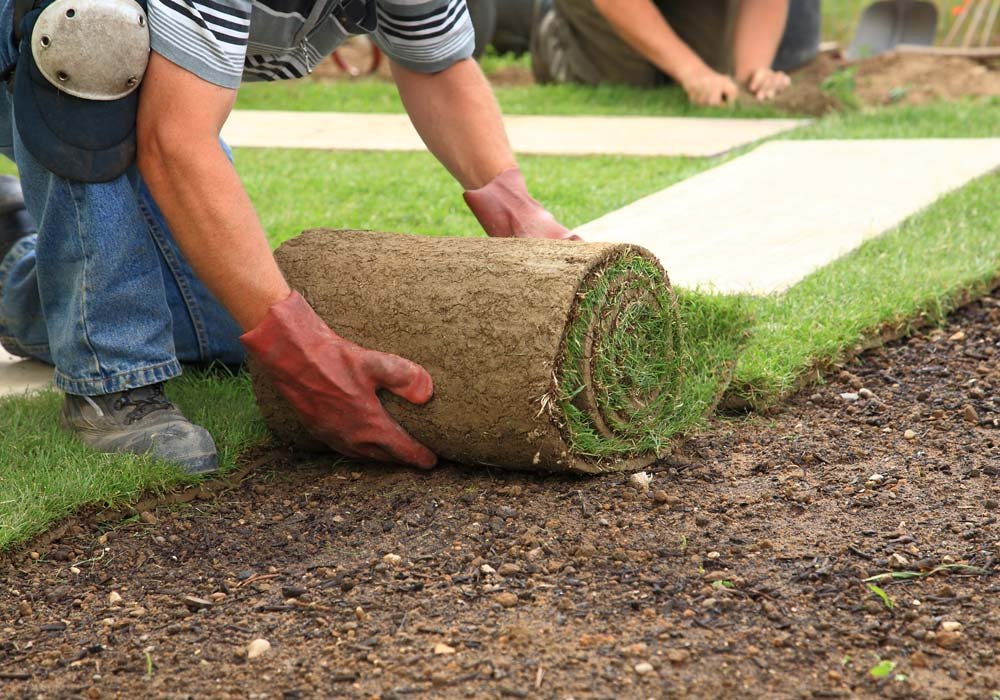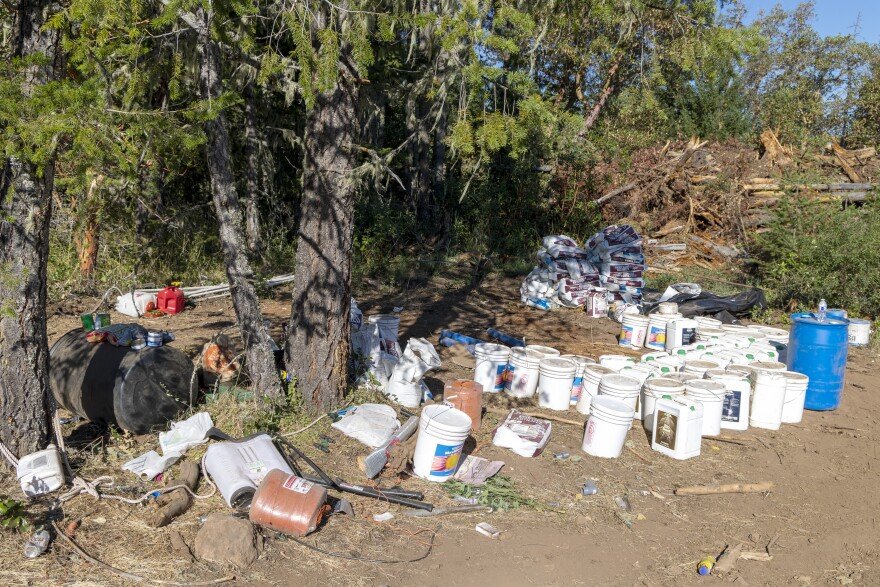Irrigation Services, Landscaping Services, Lawn Care, Maintenance Services, Taproot Landscaping Services
The Environmental Impact of Cannabis Grows and Labs on Land and How Taproot Landscaping Inc Can Help
The rise of cannabis cultivation and lab operations, particularly during the COVID-19 pandemic, has left a significant mark on the landscapes of Jackson County and beyond. While the industry has contributed to economic growth, illegal and unregulated grows have also led to environmental degradation, leaving behind overgrown, neglected properties laden with debris and potentially hazardous chemicals. As these properties come up for sale or auction, two years later, the task of rehabilitating them becomes paramount for new owners and the community at large.
The Damage Done
Cannabis grows and labs, especially those operating outside legal regulations, can cause extensive damage to the land. The use of pesticides, herbicides, and fertilizers in excessive amounts can lead to soil contamination, affecting not only the immediate area but also nearby land and water sources. The disposal of non-biodegradable materials, such as plastic mulch and irrigation pipes, further exacerbates the problem, leaving the land littered and unsafe.
Moreover, the chemical concoctions used in some cannabis labs can seep into the ground, potentially leaving the soil with unsafe chemical levels. These chemicals can pose risks to human health, wildlife, and the overall ecosystem, making the land unsuitable for future agricultural use or habitation without proper cleanup and restoration.
Taproot Landscaping Inc’s Role in Rehabilitation
Recognizing the need for professional intervention, Taproot Landscaping Inc offers specialized services to clean up and remove debris from these neglected properties. Our approach focuses on environmental restoration and the stabilization of the land’s biome, aiming to bring it back to a manageable and safe condition.
Services include:
- Debris Removal: Clearing the property of all hazardous materials, including plastics, metals, and any chemical residues, is the first step in the rehabilitation process. Taproot Landscaping Inc employs thorough methods to ensure that all debris is safely removed, adhering to environmental safety standards.
- Soil Testing and Remediation: Understanding the extent of soil contamination is crucial. Taproot conducts comprehensive soil testing to identify the presence of harmful chemicals. Based on these findings, we implement soil remediation techniques, such as phytoremediation or the addition of clean soil and organic matter, to detoxify and enrich the soil.
- Revegetation: Planting native plants and trees not only helps stabilize the soil but also restores the natural ecosystem. Taproot Landscaping Inc selects species that are best suited to the local climate and soil conditions, promoting biodiversity and preventing erosion.
- Water Management: Proper irrigation and drainage systems are installed to prevent waterlogging and ensure that any remaining contaminants are not spread. This step is vital in protecting the surrounding areas and water sources from further pollution.
- Ongoing Maintenance and Monitoring: Rehabilitation is a long-term commitment. Taproot Landscaping Inc provides ongoing maintenance and monitoring services to ensure the property continues to recover and thrive, adjusting strategies as needed based on the land’s progress.
Conclusion
The aftermath of illegal cannabis grows and labs presents a significant challenge for land restoration in Jackson County. However, with the expertise of Taproot Landscaping Inc, these overgrown and unsafe properties can be transformed. Through comprehensive cleanup, soil remediation, and ecological restoration services, Taproot is dedicated to rehabilitating the land, making it safe and viable for future use. Restoring these properties not only benefits the new owners but also contributes to the health and beauty of our community’s natural landscape.



